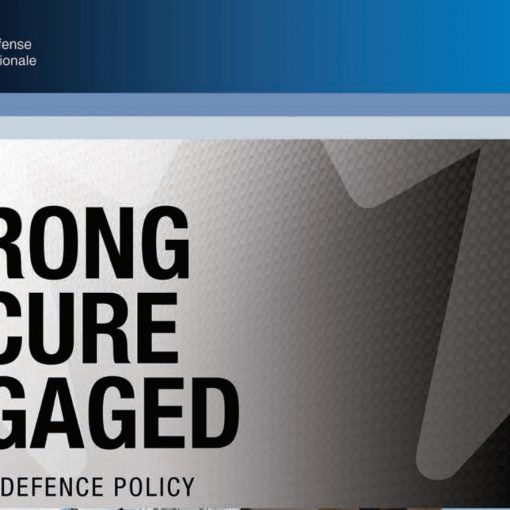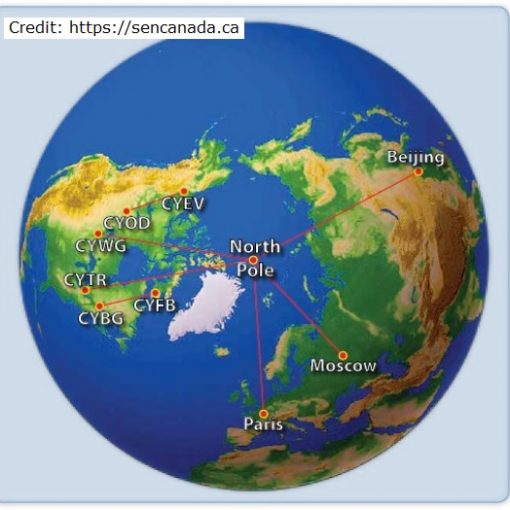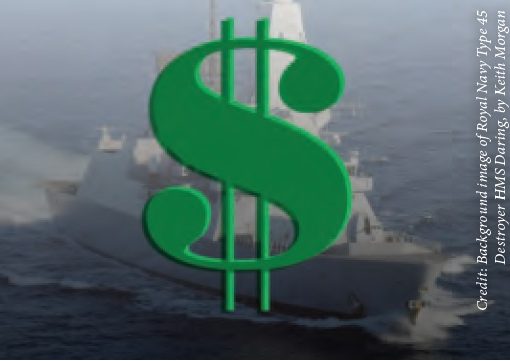Embassy magazine has just provided another detailed report in support of the upcoming defence review. The theme:
The question boils down to this: will the navy maintain a significant international presence in the future, or will it turn most of its focus inwards, to maintaining sovereignty in Canadian waters?
A corollary then asks if Canada could consider substituting a single ship for a full task group when it commits to an overseas operation. Submarines are then questioned. Dave Perry and retired Admiral Ron Buck then respond in detail to the problems of this approach.
This is, of course, a return to the old question of niche roles, often raised when government finances are tight and our politicians are forced to prioritize spending. Here the inference is that the Navy should focus on domestic sovereignty operations and its overseas missions eliminated. Within this approach, the Air Force too is often reduced to a sovereignty-only function while the Army is relegated to peacekeeping.
The 1994 Defence Review began with the tabling of just that suggestion via a detailed paper submitted by the Canada 21 Council, a group headed by Ivan Head, former Foreign Policy Advisor to Pierre Trudeau. Their report also called for the elimination of the Army’s “heavy” armoured formations and field artillery, ASW, Submarines, the fighter-bomber role and two-thirds of the CF-18. Given that these cuts in overseas capability would necessarily pass the collective defence burden to other NATO allies, the Parliamentary Committee doing the 1994 Defence Review were told in Brussels these cuts, if carried out, could force a review of Canada’s membership in the Alliance. The niche approach was caustically described by NATO officials as an “a la carte” approach to Alliance membership that would not be tolerated. In some 15 public meetings the Defence Review Committee held across Canada, the public voiced equal concern over the niche proposal. The 1994 Defence Committee ultimately rejected the concept outright.
Today, there is a similar concern over tight government finances. However, there is also a government desire to show that Canada is “back” diplomatically. In that regard, it is worth reviewing Colin Robertson’s recent article Three things Trudeau can do to bolster Canada’s international reputation. After calling for, first, a new commitment to internationalism, and second, a focus on those international roles where we can make a difference, he concluded with: “And third, let’s invest in the Canadian Forces, especially our navy.”
Certainly the current Defence Review must consider tight defence resources and there is all manner of issues that need prioritization. However, ideas like niche roles require a particular scrutiny for their impact on our foreign policy goals and our relations with our allies.




